During the lockdown, it can feel like all we have is time, so we may not recognize the need to effectively manage it and make conscious decisions to better prioritize our tasks.
But more often than not, we find our days slipping away and that long list of all we thought we’d accomplish gets pushed to the next day, and the next, until we are overwhelmed by the burden of it all.
Implementing time management tools is hard to get right under any circumstances, but add to it the complexity of distributed teams, coordinating efforts with others remotely, dealing with the isolation and loneliness of the lockdown, it becomes a challenge that requires some creative solutions.
Endless flexibility is not necessarily a good thing
Working remotely comes with a natural loss of oversight. In many ways, we are now in charge of our own schedule. Organisations too are no longer focused on time clocked and are more concerned with the productivity and output of employees. Having unlimited flexibility to plan our day requires us to have an added level of discipline in order to organise our work. The built-in structure of a regular workday at the office is missing. We need to find efficient time management tools to fill that void.
Multitasking ≠ Productivity
These terms are usually conflated. While working from home, the desire to do many things at once is ever-present. We think we can attend to home chores while replying to emails or deal with the kids while on a conference call.
With the lines blurred between home and work, there is a constant temptation to switch between tasks. While it may feel like we are constantly busy, we may not actually be getting much done.
The challenges
Simply translating a schedule that worked for you in the office into your work from home routine may not work. There is a whole set of other considerations to take into account in order to stay efficient and productive while working from home.
Risk of overworking
We often feel the need to do too much while working from home. Since most of us are restricted to staying indoors, we feel like there is not much else to do but work. This might make us take on more than we should. We don’t switch off from our workday which doesn’t allow us the break we need to stay refreshed and productive.
Feeling of loneliness
The biggest loss of working from home is the feeling of community we experience in the workplace. This feeling of isolation can lead to a sluggish mental attitude, causing us to be unmotivated which can greatly affect how we manage our time.
No more work-life balance
Having an active social life outside of work is important to our performance. It takes added effort to find ways to stay fulfilled when we no longer have access to our regular routines. We need to find ways to finish our work tasks so we can move on to other things.
Endless distractions
Despite our best efforts, there will always be distractions to working from home. Finding time solely dedicated to productive work can be difficult when there are so many other things to tend to at home.
Add structure to better manage your time
Establish a routine
Simple techniques like waking up and starting work at the same time every day can help you kick start your productivity. You can then better identify the times of day you are more efficient and allocate tasks accordingly.
Communicate your schedule to your team so they have a clear understanding of when you are available so you are not constantly interrupted while addressing other matters.
Set goals
Break down your tasks into manageable units. You need to be able to identify your long-term goals and translate that into more immediate actionable tasks. Establish a daily workload that is in line with reaching your targets at the end of the week. This allows you to assess your progress multiple times and make adjustments accordingly.
Be proactive and visible
Use Slack and other communication platforms with your teams and constantly provide updates to them on what you are working on. Let them know when you are away and can’t attend to work. If you can’t complete something on time, let the relevant people know in advance so things don’t spiral out of control.
Plan your breaks – and stick to them
Switching off and dedicating time to activities you enjoy is key to staying refreshed and motivated. Don’t feel guilty about allotting time in your workday to forgetting about work. Take deep, meaningful breaks and let people know when you are. Creating ‘no work zones’ gives you something to look forward to and allows you to come back more focused.
Learn to say no
While working remotely we feel pressured to take on whatever task arises as a way to prove how hard we are working. But this can be counter-productive, taking on too many things can spread us thin to a point where we don’t get anything done as effectively as we need to. Being forthright about what you can and cannot do allows for greater transparency and helps you and the organization save time.
Visual time management tools to boost productivity
Timeboxing
Timeboxing is a time management tool that divides your day into blocks of time. Every box is dedicated to one activity or a group of related activities. Instead of scattering your day into many activities that you need to get off your to-do list in random order, timeboxing allows you to structure your activities in a more effective manner so you can better plan your day.
This is great if you handle different projects and responsibilities that you have to switch back and forth from. It allows you to better account for interruptions so that you are not constantly reacting to emails or tending to things as they arise.
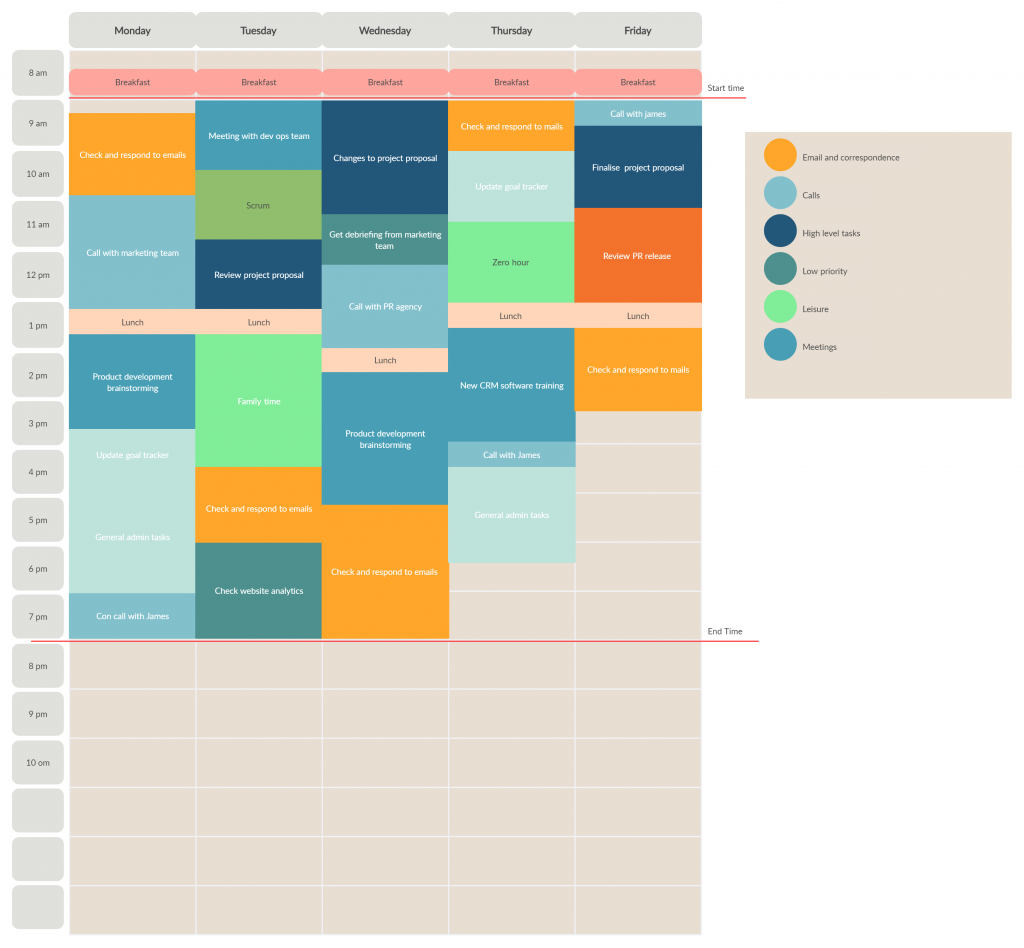
You then use this time and only this time to address the tasks laid out for a specific project. Setting up strict limits dedicated to tasks increases focus and allows you to spend a proportional amount of effort based on how important the task is.
Without effective time management tools, you may find that work expands to fill the time available to complete it. This isn’t a very efficient way to approach tasks as you may find yourself spending too much time on inconsequential tasks.
Eisenhower Matrix
All jobs are not created equal. You can’t effectively manage your time without prioritising the tasks that need to be completed. You need to find an effective way to add weight to what’s on your schedule to allow you to better allocate time. The Eisenhower Matrix is an effective time management tool that helps you visualize which tasks you should complete and in what order.
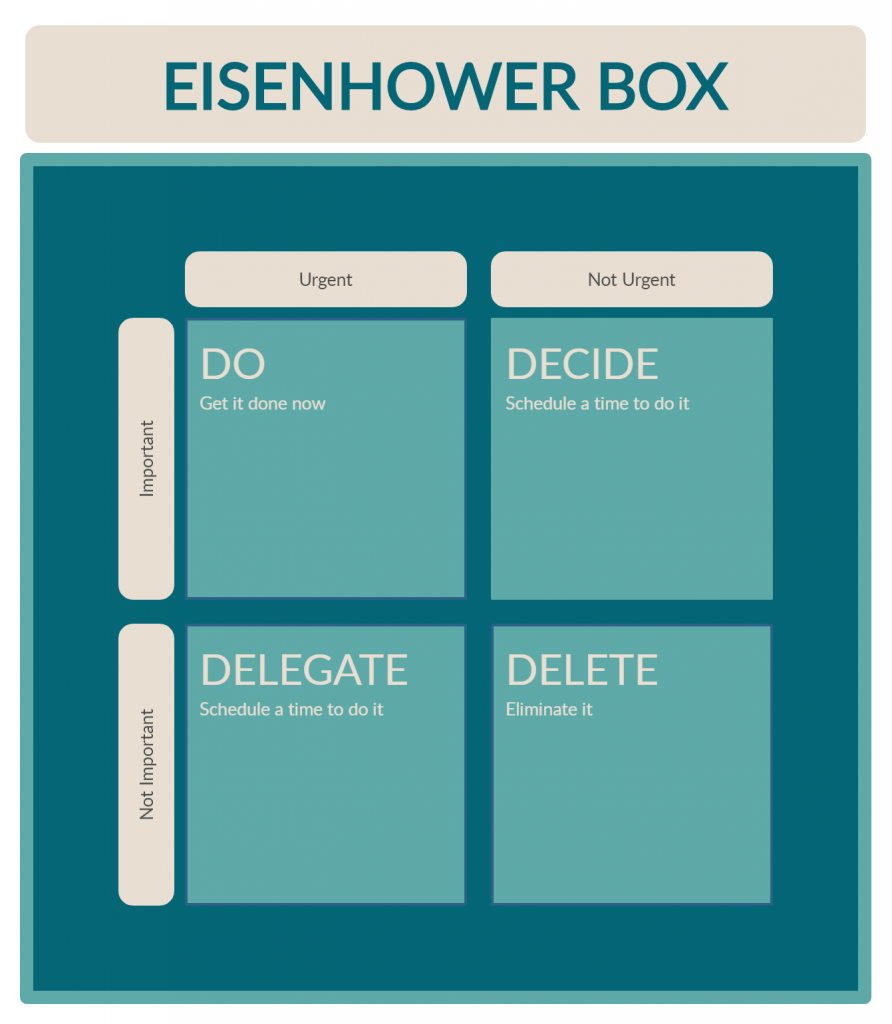
This visual tool allows you to group tasks based on importance and urgency and gives you a better understanding of how you should divide up your day.
Checklists
Simple and effective, they should be a staple while planning your day and week. Simply listing out all the things you need to get done gives you a better handle on how you should plan your day. While working from home you should list out all the non-work-related tasks that needed to be tended to during the course of the day so they don’t catch you off guard.
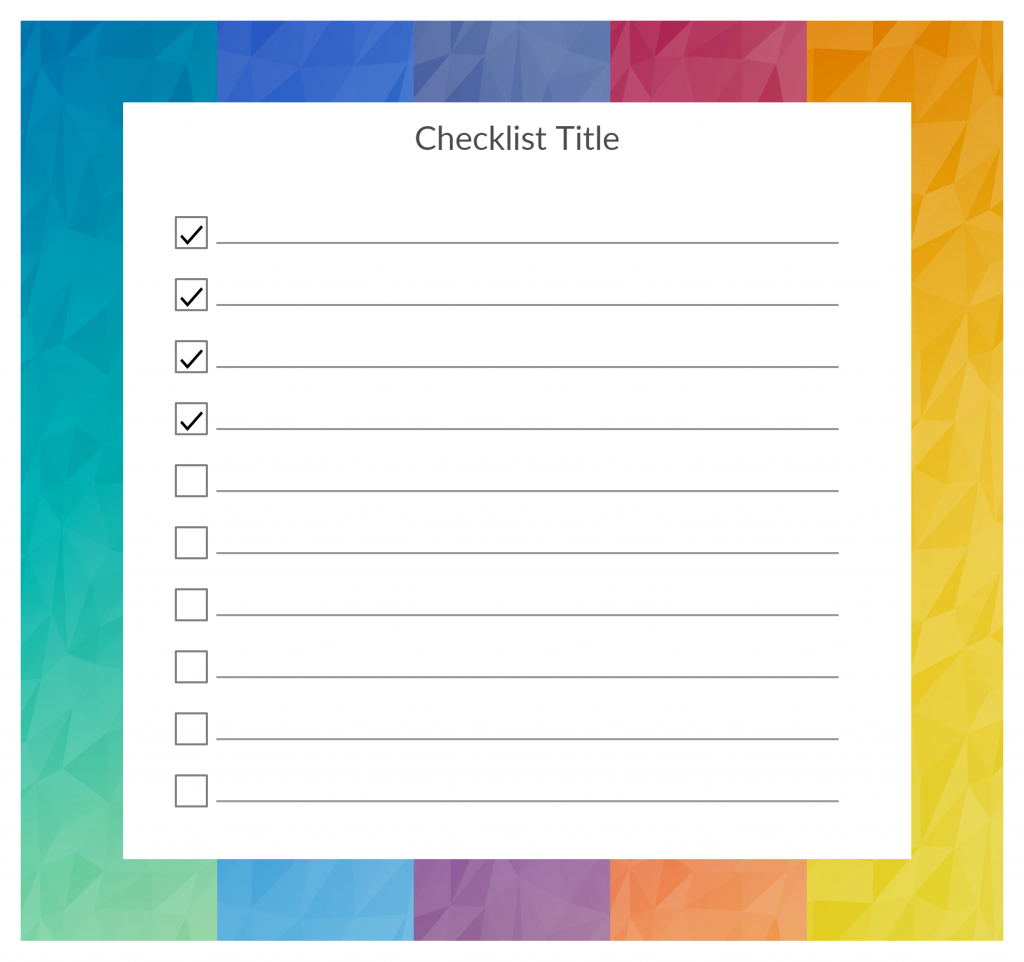
Using online tools like Online Checklist Maker allows you to easily list down your tasks so you can address them in a more effective manner.
Gantt Charts
Gantt charts are a great tool to add visibility to remote working teams. You can list out all the tasks that need to be completed in a particular project and specify the order they need to be done as well as the time frame. This is a great tool as it identifies dependencies and allows everyone to see who is responsible for what at a glance.
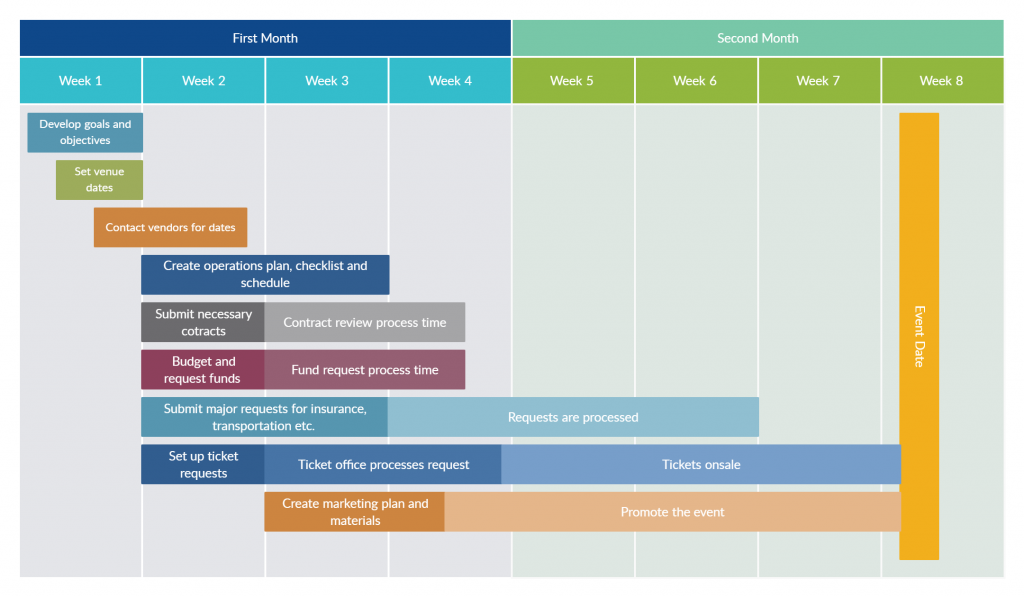
With Gantt Charts you can identify the difference between sequential tasks (ones that can only be started when another is completed) and parallel tasks (ones that can be worked on at the same time).
Remote teams can then divide up work better and co-ordinate amongst themselves with ease.
Tips to ensure better time management
Identify time sinks
Time sinks are productivity drainers, they are things that you spend too much time on without reaping any real benefit from. Answering too many e-mails that prevent you from getting real work done, attending numerous meetings, or simply checking social media too often. Identifying the biggest time sinks are in your day allows you to plan around them.
Conduct a time audit
A time audit is a process of identifying and recording exactly what you spent time on in a given period. It’s a great way to identify inefficiencies in remote teams and take corrective measures. A time audit answers three basic questions:
How do you want to spend your time?
How do you actually spend your time?
What adjustments can you make?
Group similar tasks together
The process of grouping similar tasks together or ‘time batching’ is a great way to break up your day. For example, setting aside time in the day to make calls or respond to emails can avoid constant distractions and can be a great productivity hack.
Build-in buffers
Time management is not an exact science. Creating a schedule should account for some degree of divergence where tasks spill over into the others without having a cascading effect on your overall schedule.
What time management techniques work for you?
Finding an effective way to manage your time when working from home can be an immediate boost to your productivity and your overall spirit. If you have found better time management tools to organise your day, let us know in the comments below. For more tips on how to stay productive while working remotely, check out this article.
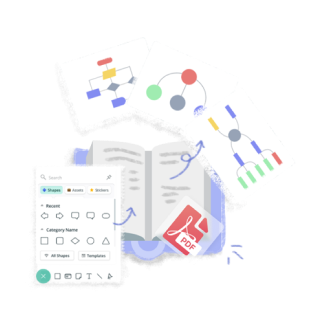
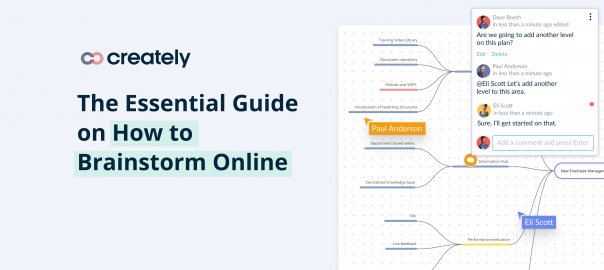

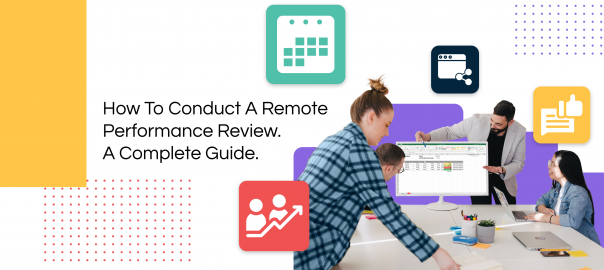
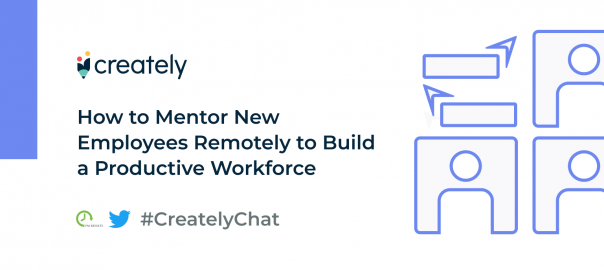
This was a very well written piece indeed. It covers every point an employee needs to keep in mind to manage time and focus while working from home. Your tips will definitely aid the smooth-running of any business. In addition, firms should also focus on keeping their employees, especially call centre agents, motivated.
Yes, time management is a crucial task while working remotely. Because there are a lot of distractions which may hamper work and results in decreased productivity.
This article has covered every aspect of how we can effectively manage our time in a remote work environment.
Highly appreciatable!